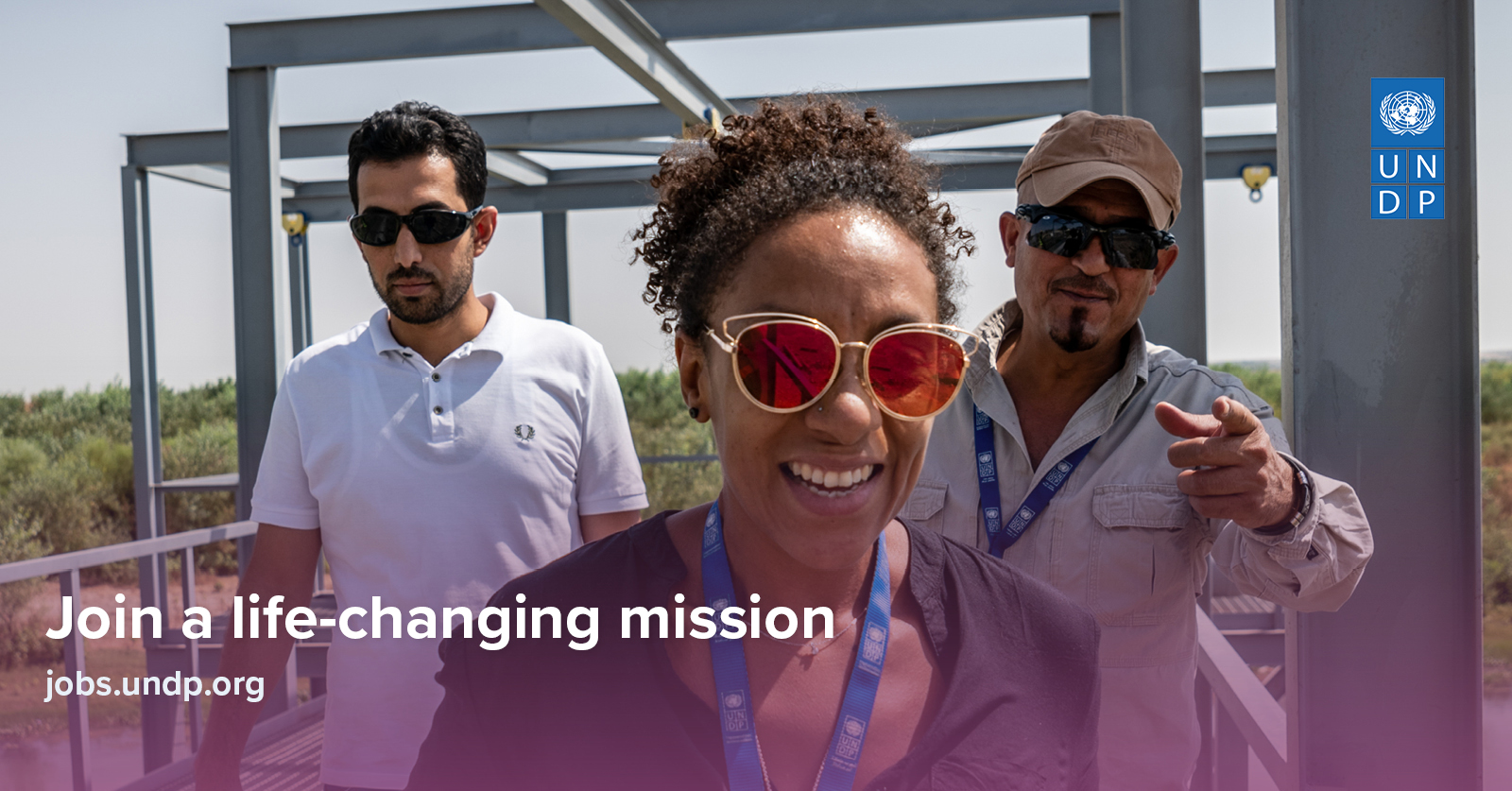
For detailed TOR (terms of reference) please refer to the attachment in the notice via the link:
http://procurement-notices.undp.org/view_notice.cfm?notice_id=97389
The FE (Final evaluator) will assess project performance against expectations set out in the project’s Logical Framework/Results Framework (see ToR Annex A). The FE will assess results according to the criteria outlined in the Guidance for TEs of UNDP projects (United Nations Development Programme – Evaluation Guidelines (undp.org).
The Findings section of the FE report will cover the topics listed below. A full outline of the FE report’s content is provided in ToR Annex C.
The asterisk “(*)” indicates the criteria for which a rating is required.
Findings
i. Project Design/Formulation
• National priorities and country drivenness
• Theory of Change
• Gender equality and women’s empowerment
• Social and Environmental Standards (Safeguards)
• Analysis of Results Framework: project logic and strategy, indicators
• Assumptions and Risks
• Lessons from other relevant projects (e.g. same focal area) incorporated into project design
• Planned stakeholder participation
• Linkages between project and other interventions within the sector
• Management arrangements
ii. Project Implementation
• Adaptive management (changes to the project design and project outputs during implementation)
• Actual stakeholder participation and partnership arrangements
• Project Finance and Co-finance
• Monitoring & Evaluation: design at entry (*), implementation (*), and overall assessment of M&E (*)
• Implementing Agency (UNDP) (*) and Executing Agency (*), overall project oversight/implementation and execution (*)
• Risk Management, including Social and Environmental Standards (Safeguards)
iii. Project Results
• Assess the achievement of outcomes against indicators by reporting on the level of progress for each objective and outcome indicator at the time of the FE and noting final achievements
• Relevance (*), Effectiveness (*), Efficiency (*) and overall project outcome (*)
• Sustainability: financial (*), socio-political (*), institutional framework and governance (*), environmental (*), overall likelihood of sustainability (*)
• Country ownership
• Gender equality and women’s empowerment
• Cross-cutting issues (poverty alleviation, improved governance, climate change mitigation and adaptation, capacity development, South-South cooperation, knowledge management, etc., as relevant)
• Catalytic Role / Replication Effect
• Progress to impact
Main Findings, Conclusions, Recommendations and Lessons Learned
• The FE consultant will include a summary of the main findings of the FE report. Findings should be presented as statements of fact that are based on analysis of the data.
• The section on conclusions will be written in light of the findings. Conclusions should be comprehensive and balanced statements that are well substantiated by evidence and logically connected to the FE findings. They should highlight the strengths, weaknesses and results of the project, respond to key evaluation questions and provide insights into the identification of and/or solutions to important problems or issues pertinent to project beneficiaries and UNDP, including issues in relation to gender equality and women’s empowerment.
• Recommendations should provide concrete, practical, feasible and targeted recommendations directed to the intended users of the evaluation about what actions to take and decisions to make. The recommendations should be specifically supported by the evidence and linked to the findings and conclusions around key questions addressed by the evaluation.
• The FE report should also include lessons that can be taken from the evaluation, including best practices in addressing issues relating to relevance, performance and success that can provide knowledge gained from the particular circumstance (programmatic and evaluation methods used, partnerships, financial leveraging, etc.) that are applicable to other UNDP interventions. When possible, the FE consultant should include examples of good practices in project design and implementation.
• It is important for the conclusions, recommendations and lessons learned of the FE report to incorporate gender equality and empowerment of women.





